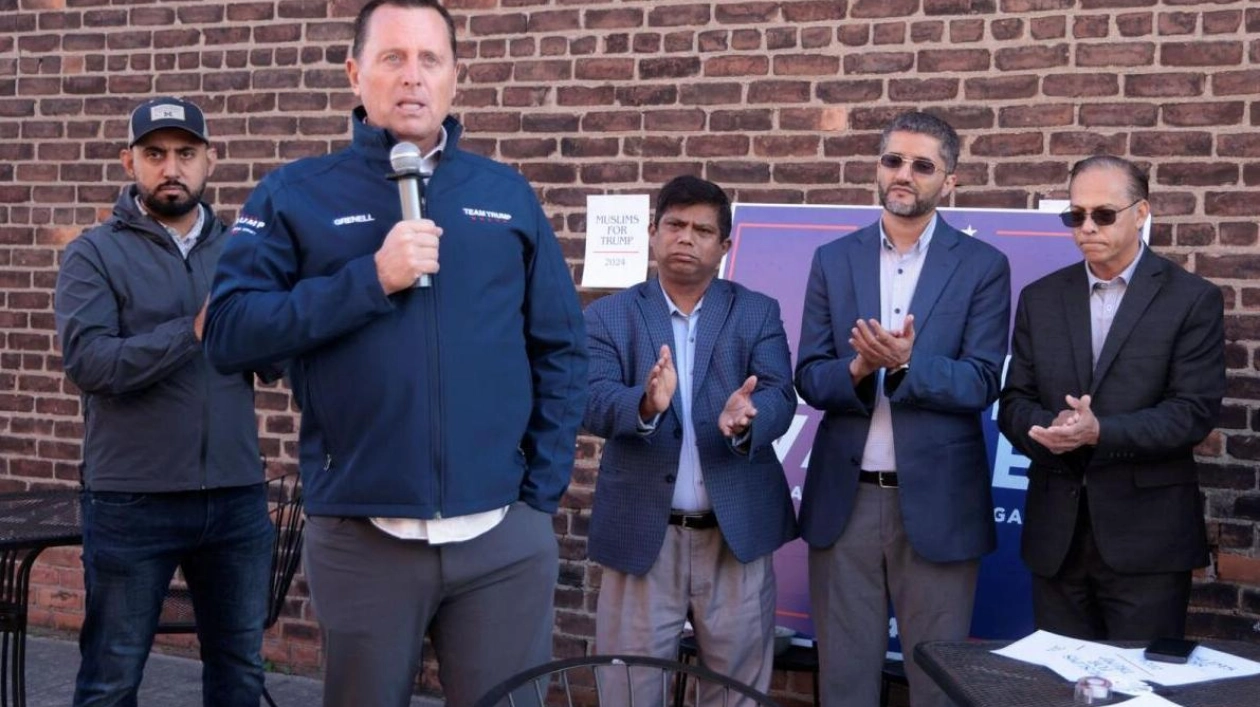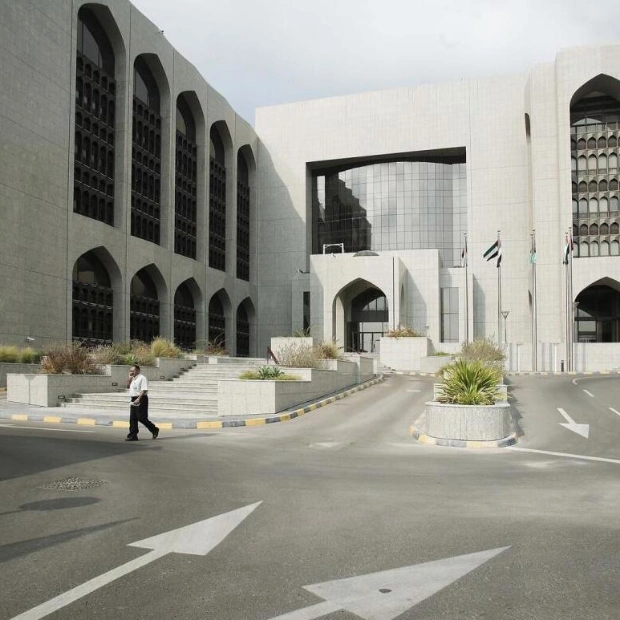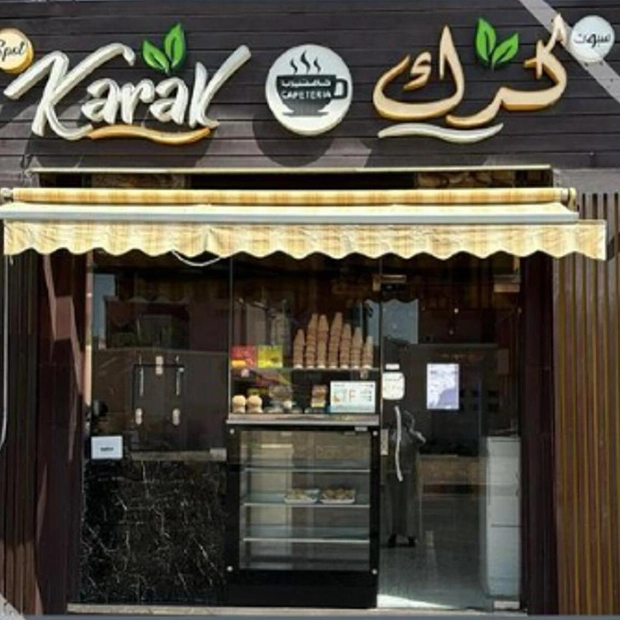Richard Grenell, a key advisor to Donald Trump and the former acting director of National Intelligence, addressed a gathering of Muslims and Bangladeshi Americans supporting Trump at an outreach event in Hamtramck, Michigan, on November 2, 2024. — Reuters
Incoming US President Donald Trump achieved an unexpected success towards the end of his campaign by winning over Muslim voters with a bold promise to bring peace to the Middle East. Now, his new supporters are celebrating his win, confident that he will fulfill his pledge despite Israel, under the leadership of his close ally Benjamin Netanyahu, continuing its 13-month siege of Gaza and ongoing attacks on neighboring Lebanon.
In Dearborn, the largest Arab-American community in the US, preliminary results indicated Trump as the winner—a significant shift from 2020 when outgoing Democratic President Joe Biden secured a clear victory. This time, the left-leaning vote was split between Vice-President Kamala Harris and the Green Party's Jill Stein.
“People understood that Trump is working towards peace in the Middle East and across the globe,” said Bill Bazzi, the Lebanese-American mayor of neighboring Dearborn Heights, speaking to AFP from a late-night hookah bar that turned into an early-morning celebration. However, many recall Trump's first term differently. The Republican imposed a travel ban on several Muslim-majority countries, supported Israeli settlements in the West Bank—considered illegal under international law—and relocated the US embassy from Tel Aviv to Jerusalem, a significant setback for Palestinian statehood.
During this campaign, Trump emphasized his strong support for Israel, suggesting that Biden should allow Israeli Prime Minister Netanyahu to “complete the task” against Hamas in Gaza. Bazzi dismissed media portrayals, insisting the ban was merely about stricter vetting of certain unstable countries to prevent Daesh militants from entering the United States. A Marine veteran who campaigned for Trump in his final rallies, Bazzi added that he had been in contact with high-ranking members of the incoming administration who assured him that “one of Trump's priorities is to end the war—he wants more diplomacy.”
Others, like Yemeni-American activist and real estate agent Samra'a Luqman, were resolute after the election results. Like many other Arab Americans, she was outraged by the Biden-Harris administration's steadfast military and diplomatic support for Israel in the Gaza and Lebanon conflicts, where civilian casualties continue to rise. “They can blame us for Harris' loss. I want them to,” she said. “It was my community that said, 'If you commit genocide, we will hold you accountable for it'.”
Outside the Shatila Bakery on Wednesday morning, Trump supporters were jubilant. “He's more intelligent, more educated for this position,” said Diyaa Abd, a 48-year-old trucker who immigrated from Iraq, adding that when Trump was in power, there was peace in Ukraine and the Middle East. “The one that had to win, won,” added Mike Sima, 75.
The Trump team also did what Harris notably did not: show up in Dearborn. Her campaign's decision to tour Michigan with former Republican lawmaker Liz Cheney—a vocal advocate of the Iraq War—also alienated many Arabs. Trump's outreach, on the other hand, benefited from a new connection to the community: Lebanese-American Michael Boulos, who is married to his daughter Tiffany Trump. Boulos' father, Massad Boulos, was a crucial liaison for the campaign.
Despite lingering doubts about Trump's seemingly contradictory positions, Bishara Bahbah, chairman of Arab Americans for Trump, remained confident in his next president. “Yes, he said 'finish the job,' but when I inquired exactly what that means, I was told 'stop the war',” he insisted. “He's said it, and he'll do it. Trump has proven he does what he says.”
Source link: https://www.khaleejtimes.com






